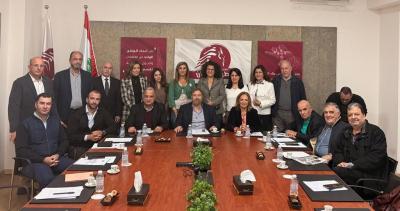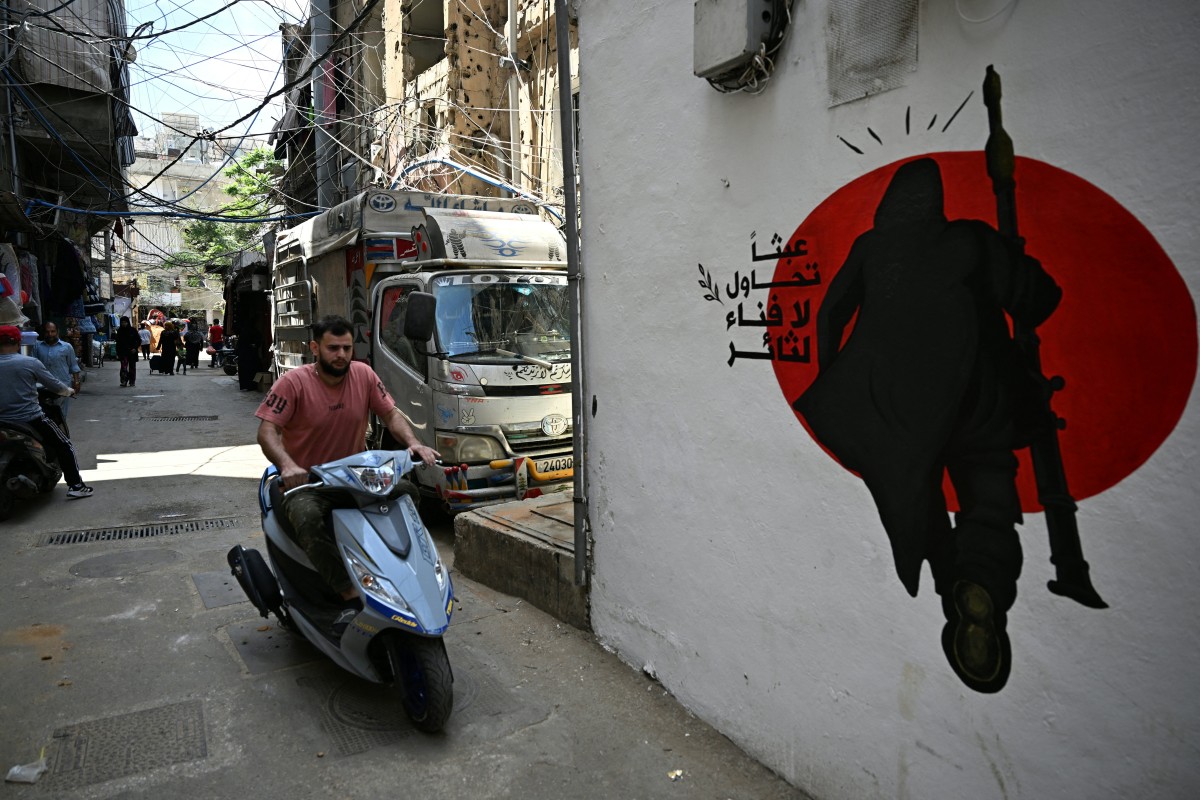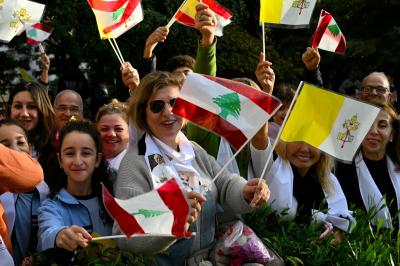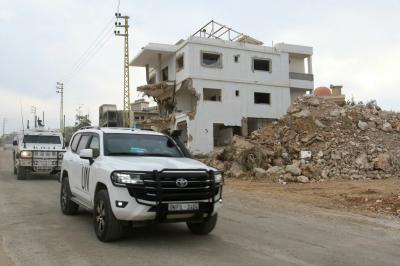The issue of disarming illegal weapons has climbed to the top of the Lebanese state’s priority list, following a period of slowdown caused by a crowded national agenda ranging from appointments and reforms to elections and renewed Arab and international ties. Today, it’s clear that groundwork is being laid for the implementation of the long-standing decision to restrict weapons to state control, starting with the Palestinian camps in Beirut. This comes in line with the joint declaration by the Lebanese and Palestinian presidents, and with the outcomes of the recent Lebanese-Palestinian meeting chaired by Prime Minister Nawaf Salam.
When it comes to disarming all illegitimate weapons—whether Palestinian or Lebanese (namely, “Hezbollah's)”—there can be no room for ambiguity or selective interpretation between President Joseph Aoun and Prime Minister Nawaf Salam. Two foundational documents unite their national vision under the banner of “exclusive state control of arms”: the presidential inauguration speech and the ministerial statement. This vision also aligns with the terms of the cessation-of-hostilities agreement signed six months ago, as well as mounting Arab and international pressure to implement these commitments, chief among them, the disarmament of all non-state actors across Lebanese territory.
It is no secret that “Hezbollah”, along with other so-called "resistance" forces, is attempting to play politics—cozying up to the president under the pretense of his "flexibility and openness," while vilifying the prime minister for his uncompromising stance against “dual authority” and his declared end to the “export of the Iranian revolution.” Their goal: to create a rift at the top of the state and dilute the joint decision by pitting the President and the Prime Minister against one another.
In truth, the two may differ in tone and style, but they are fully aligned on the substance of the matter: exclusive arms in state hands, and full control over the nation’s territory, borders, facilities, and decisions of war and peace. There is no room for manufactured contradictions in matters of sovereignty.
Prime Minister Salam’s firm stance against illegal arms—regardless of whether they are Palestinian or Lebanese—is a significant shift from the approach of past premiers, who often made concessions to Palestinian factions, especially in the early days of the civil war, when their arms were considered “the weapons of the Muslims.” Salam has made it clear that Lebanese sovereignty trumps all sectarian, regional, or political considerations.
This principled shift at the level of the prime minister’s office naturally aligns with the sovereign stance of the presidency, currently held by a former army commander whose role has always been to defend state sovereignty. This national consensus provides much-needed political and institutional resilience against those trying to sow discord and drive a wedge between the top two executive powers.
While the timeline for disarmament starts with the Palestinian organizations, the process does not stop at the camps. It extends to all armed zones and “Hezbollah’s” stockpiles. The schedule does not imply any distinction between illegal, semi-legal, or so-called “sacred” arms, nor between “Palestinian resistance” and “Lebanese resistance.” Both have devastated Lebanon, destroying its cities, killing its people, and dragging the country backward. From the 1969 Cairo Agreement to the 2024 ceasefire agreement, Lebanon has suffered 55 years of disintegration, fragmentation, and death.
That said, “Hezbollah’s” disarmament doesn’t have to wait for the camps to surrender their weapons. It has already partially occurred—south of the Litani River, and to some extent in northern areas as well. Efforts to secure the airport, seaport, and land border crossings are part of the same process. These are not just technical measures; they are part of the larger strategy to reassert state authority.
Notably, there has been visible coordination—and even alliance—among those holding illegal arms.” Hezbollah” has remained conspicuously silent on the disarmament of Palestinian factions, instead defending them as “resistance forces.” Meanwhile, a smear campaign has targeted both Palestinian President Mahmoud Abbas, who supports Lebanon’s call to control all weapons, and Prime Minister Salam. One of the first to join this campaign was Sheikh Maher Hammoud, in a synchronized attack on both figures.
Such solidarity is unsurprising. There are deep ideological and operational ties between “Hezbollah”, “Hamas”, “Islamic Jihad”, and affiliated groups—all connected by an umbilical cord to their “big brother” in Iran. “Hezbollah” is naturally invested in preserving its first line of defense within the Palestinian camps, looking for any excuse to justify the continued presence of weapons there, lest the disarmament knife reach its own throat.
However, the Lebanese state cannot operate with double standards. It cannot show leniency to some weapons while cracking down on others. All illegal arms are equally dangerous. They undermine Lebanese sovereignty, erode the state’s legitimacy, and usurp its exclusive right to use force.
In the spirit of one of the Prophet’s sayings, the Lebanese state could be said to declare: “There is no superiority of one weapon upon another—Arab or non-Arab—except by the surrender.”
Please post your comments on:
[email protected]
 Politics
Politics













